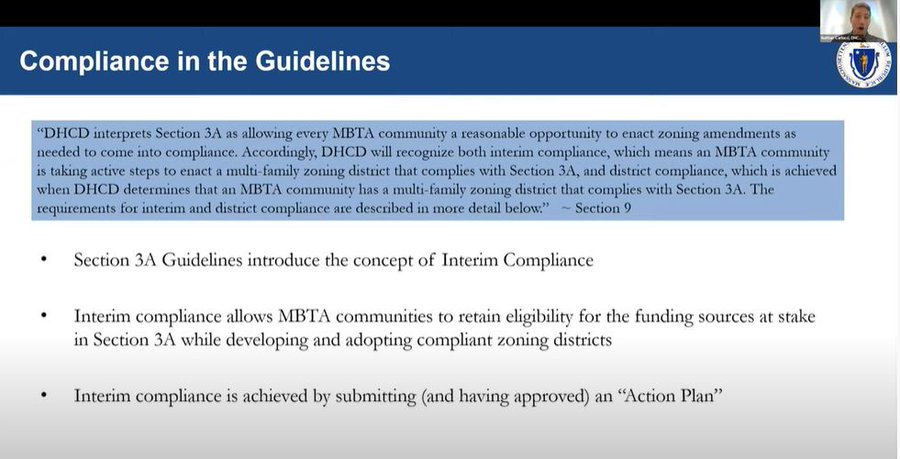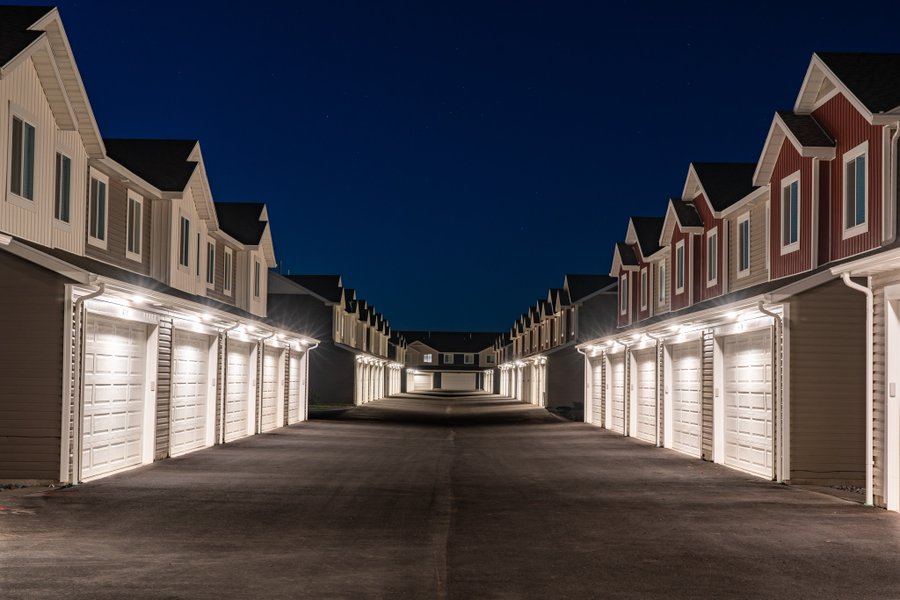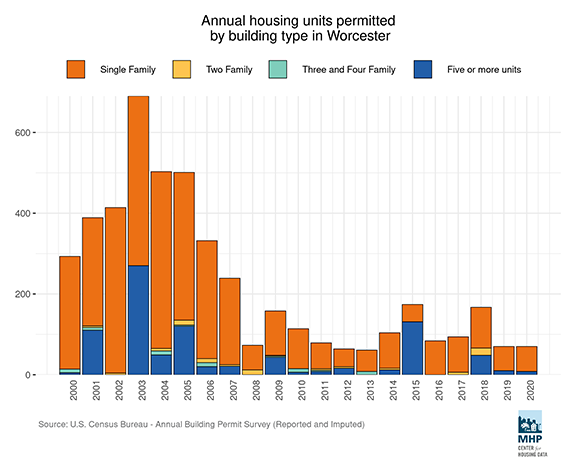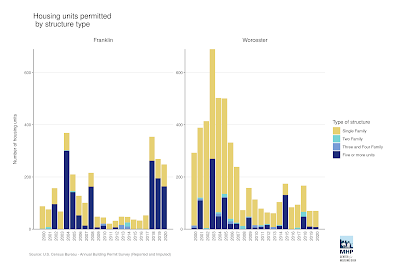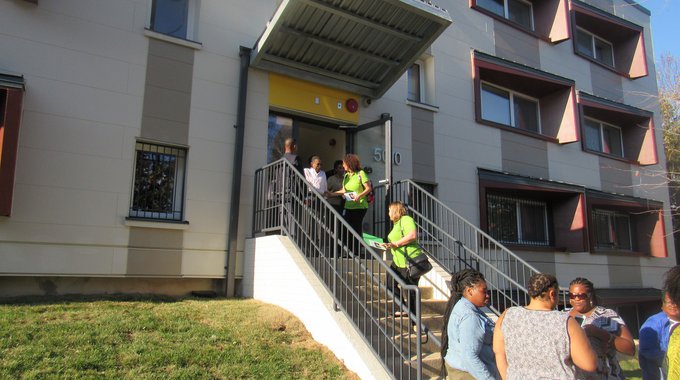Note: The email correspondence has been formatted for publication here. A PDF copy of the email is linked to below.
--------------
Dear Mr. Grella,
My colleague Rieko Hayashi forwarded me your email with questions regarding the LIP process. I've responded to your questions below, in red. Please let me know if you have any additional questions.
Thank you,
--
Caitlin Loftus
Counsel
Office of the General Counsel
Executive Office of Housing & Livable Communities
100 Cambridge Street, Suite 300
Boston, MA 02114
(617) 573-1506
From: Gene Grella <gene.p.grella@gmail.com>
Sent: Friday, October 31, 2025 11:47 AM
To: Samadi, Derya (EOHLC) <Derya.Samadi@mass.gov>; Hayashi, Rieko (EOHLC) <rieko.hayashi@mass.gov>; Loftus, Caitlin (EOHLC) <Caitlin.Loftus@mass.gov>; Jeffrey N Roy <jroy@ravechroy.com>; Jeffrey.Roy@mahouse.gov <Jeffrey.Roy@mahouse.gov>; Jeff Roy <jeffreynroy@gmail.com>
Subject: Questions about LIP Process
Reiko and Derya,
I've copied my State Rep Jeff Roy here in the hope that you will answer my emails as I have not seen any reply to my others. Also, I have consolidated all my questions to this one email and my questions are hypothetical and have nothing to do with any particular project so your answers just apply to your understanding of the LIP program and the law.
Question 1: If a developer is already in the ZBA public hearing process of a Friendly 40b filed under the LIP program and the town, who has partnered and written a letter in support for that project, now decided to withdraw its support (through a letter from the CEO aka Town Council), what happens to the project?
Without the town support, the project would no longer be able to proceed under LIP. However, the developer could apply for a project eligibility letter and then a comprehensive permit on its own through a different program.
Question 2: If the support is withdrawn and the developer has to file on their own to continue with the project: A) Does the project start over from a timeline perspective?
If the developer is no longer proceeding under LIP and wanted to pursue a different program, the developer would need a new project eligibility letter and comp permit application.
B) Can the ZBA invoke Safe Harbor?
Yes, if a board believes it has satisfied a safe harbor for a new comp permit application, it can assert that claim in accordance with the timing and procedures provided in 760 CMR 56.03(8).
Question 3: I've found the following passages in the LIP section of the Comprehensive Permit guidelines. I give specific pages.
My question is: If a 40b project has undergone considerable changes, does the CEO need to continue to confirm support and if they do not, what happens to the project?
Material changes would require an amendment of the project eligibility letter, and EOHLC would not issue an amended PEL without the CEO's concurrence, in accordance with the 40B guidelines, including the provision you cited below. If the CEO withdraws their/the municipal support, then the project would not be able to proceed as a LIP.
Thank you in advance. See below for specific language from the guidelines.
Pg 72. (1) A letter of support signed by the Chief Executive Officer of the municipality. DHCD expects local public officials to act in good faith and expects local support for housing proposed under the LIP not to be unreasonably withheld. The purpose of LIP is premised on the fact that a municipality and a developer are working in concert on a project that meets the community’s needs. If a project changes substantially during the course of the permitting process, such that it is no longer consistent with that which was approved by the chief executive officer and DHCD, DHCD reserves the right to request a letter from the chief executive officer stating that the project remains locally supported as a condition of final approval
Pg 79 Amending the Determination of Project Eligibility (1) Material Change - Any material changes in any of the conditions of a Determination of Project Eligibility (e.g., a change in the development team, the number of units, unit mix, size, design, location, extension of the term of the Determination of Project Eligibility, proposed sale of the project, etc.) REQUIRE that the Determination be amended. DHCD shall be notified immediately if either the Developer or the municipality anticipates any material change in the terms of the initial Determination of Project Eligibility. (2) Local Approval - The Developer must secure concurrence of the chief executive officer for the proposed change. DHCD will not issue an amended Determination without such local approval, unless it is unreasonably withheld, and without compliance with these requirements. (3) DHCD Review - DHCD may perform an additional site visit, meet with representatives of the municipality and the Developer, and/or request additional financial information, revised site plans, etc., prior to acting on a requested amendment. (4) Final Approval Withheld - Final approval may be withheld if the Project is not consistent with the Determination of Project Eligibility.
Sincerely,
Gene Grella











